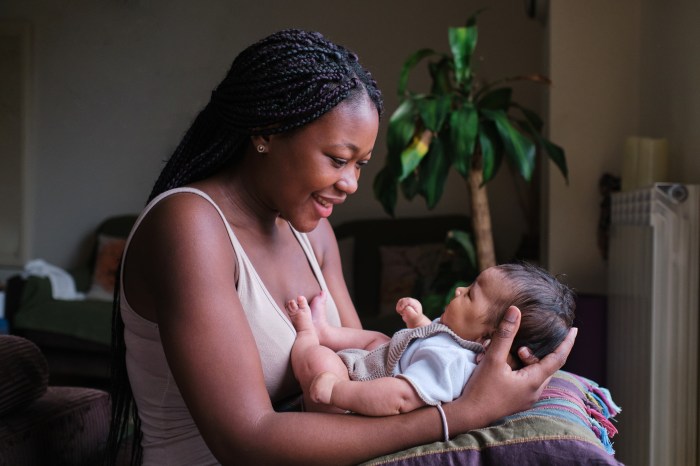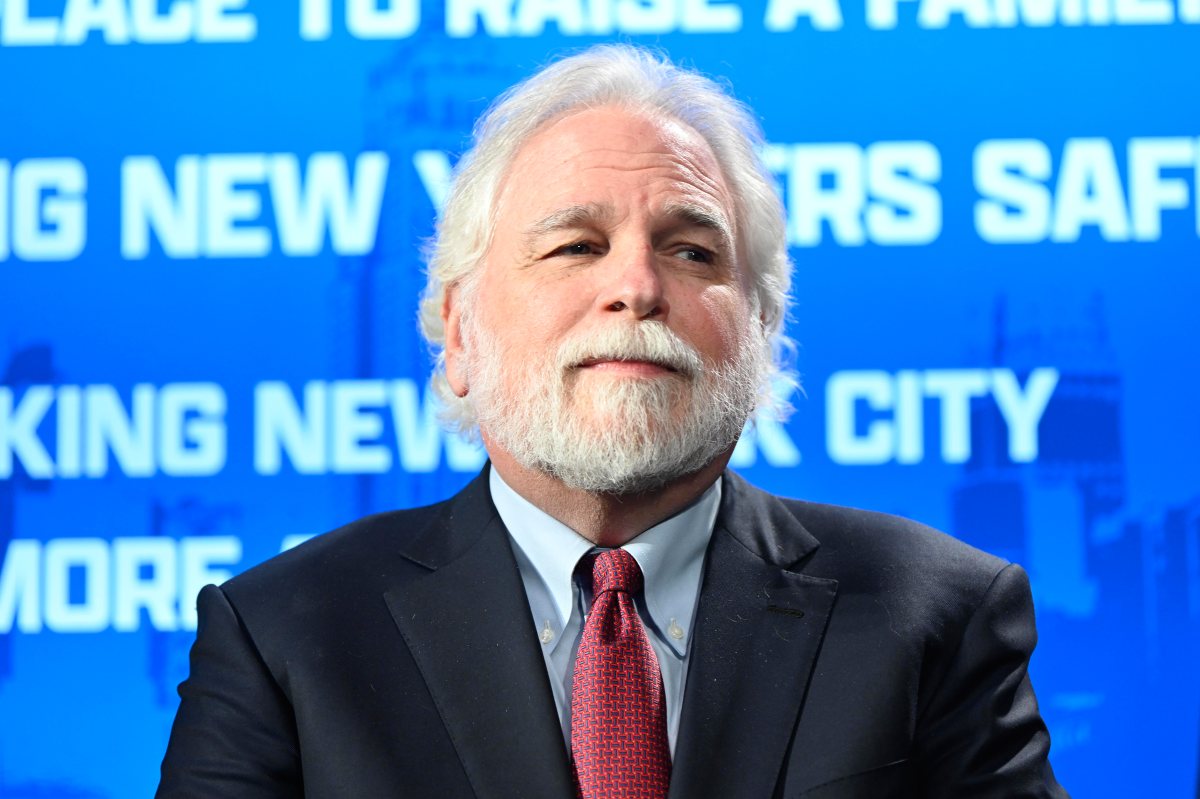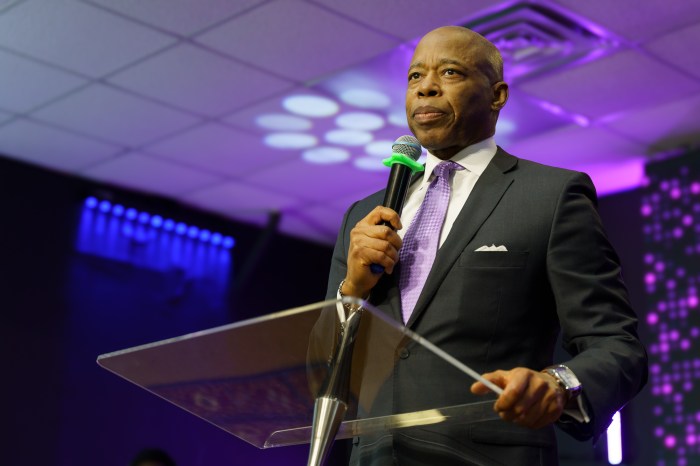Stepping up the pressure on European governments to make them pay for their participation in the transatlantic slave trade, Caribbean governments have decided to include Norway and Sweden among the list of countries which must compensate the descendants of Africans who were forced to work for free on plantations throughout the region officials documents have indicated.
The bloc of 15 nations headquartered in Guyana said this week that a decision was made at last month’s annual summit in Grenada to expand on the number of countries receiving demand payment letters for their role in slavery as additional research has now shed new light on the role of the two in the slave trade.
Letters have already been sent to France, Britain, The Netherlands, Portugal and Spain with all replying barring Portugal. Officials say Portugal fears that any engagement with the Caribbean will open a proverbial can of worms for the country as it was among the last European nations to abolish slavery and had brought large numbers of Africans to work on sugar and other plantations in Brazil as an example. Brazil has the largest Afro descended population outside of Nigeria.
Norway had interest on the region from 1660 to 1806 and is now ruing the day it became so involved as its past is now combing back to haunt it at a time when it struts around the world promoting its squeaky clean image as a global do gooder. It had interest in the American dependencies of St. Croix and St. Thomas and hundreds of its seafaring nationals worked on slave ships for other European countries plying the Caribbean.
Sweden on the other hand had a presence in St. Barthelemy, acquiring the tiny territory from Britain in 1748, handing over the territory to France in 1784, ending its presence in the region.
The Swedes have already said they are open to talking with Caribbean governments, but Britain and France have remained quite resolute. The Guyana Reparations Commission said said that it is convinced that these two and Portugal would try as long as possible to block engagement with the region because of the enormous financial implications of any agreement to pay as demands would come from other parts of the globe where they had an oppressive presence.
And as large parts of the Caribbean Community observed Emancipation from slavery this week, the government of Trinidad publicly threw its weight behind regional efforts to win reparations or compensation from Europe.
”We in Trinidad and Tobago must view the call for reparations in the context of the duty we owe to our forefathers who made the ultimate sacrifice and whose contributions to our present well-being must be recognized in a world which now accepts that compensation and reparation are prerequisites in the dispensation of justice. As such, the case for reparations is not too late, but it is timely,” President Anthony Carmona said in a brief to mark the occasion.
Prime Minister Keith Rowley threw in his proverbial three cents as the region said in the document out of Grenada that it is awaiting word from European governments for the holding of a special reparations summit sometime before the two-year window for negotiations ends. That will so do next year.
Should Europe fail to begin negotiations with CARICOM, the matter would automatically refer itself to the World Court for final adjudication. Caricom is confident about a positive outcome as there is precedent in Britain paying Kenyan tribesmen for acts of genocide by British soldiers during the colonial era.



























